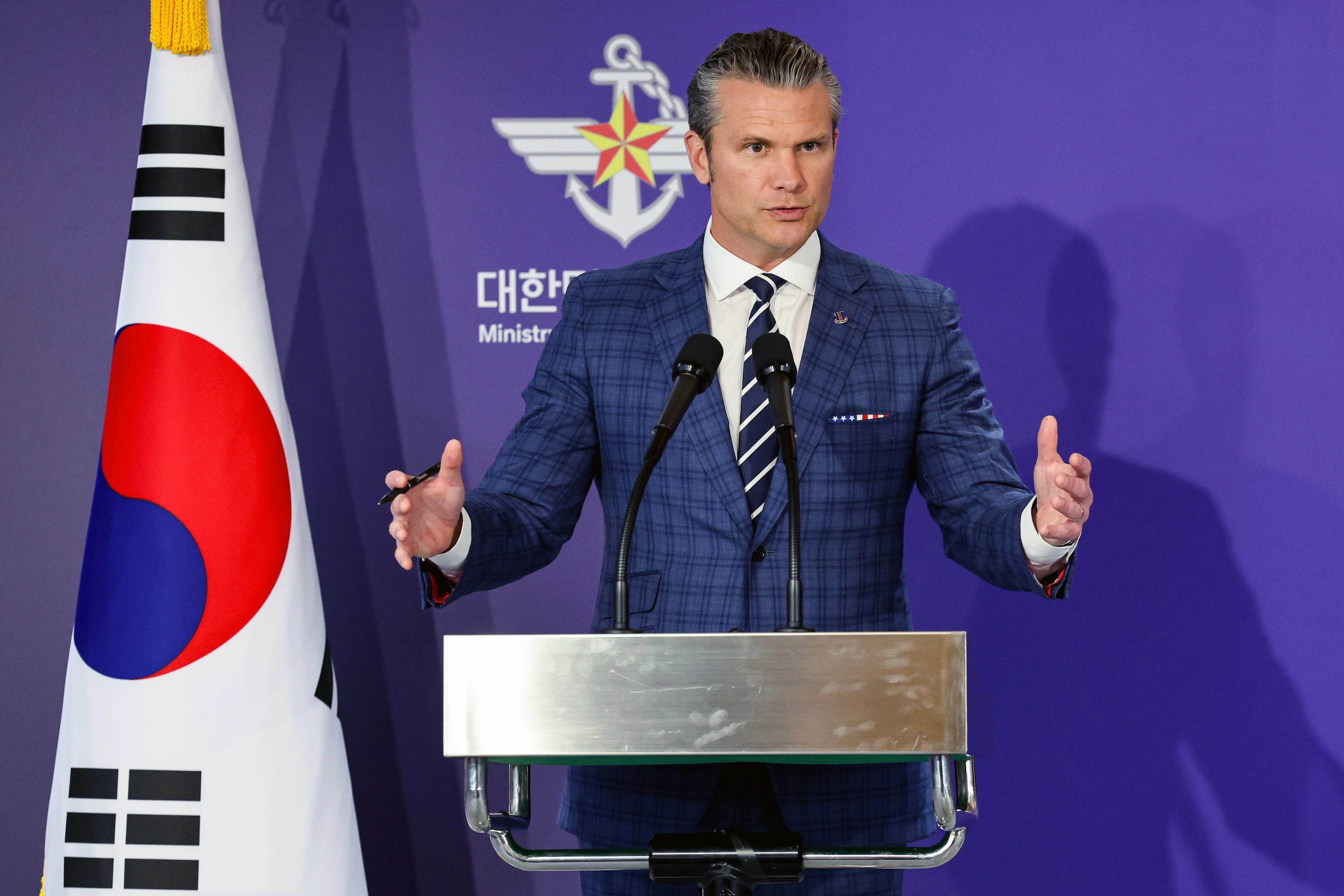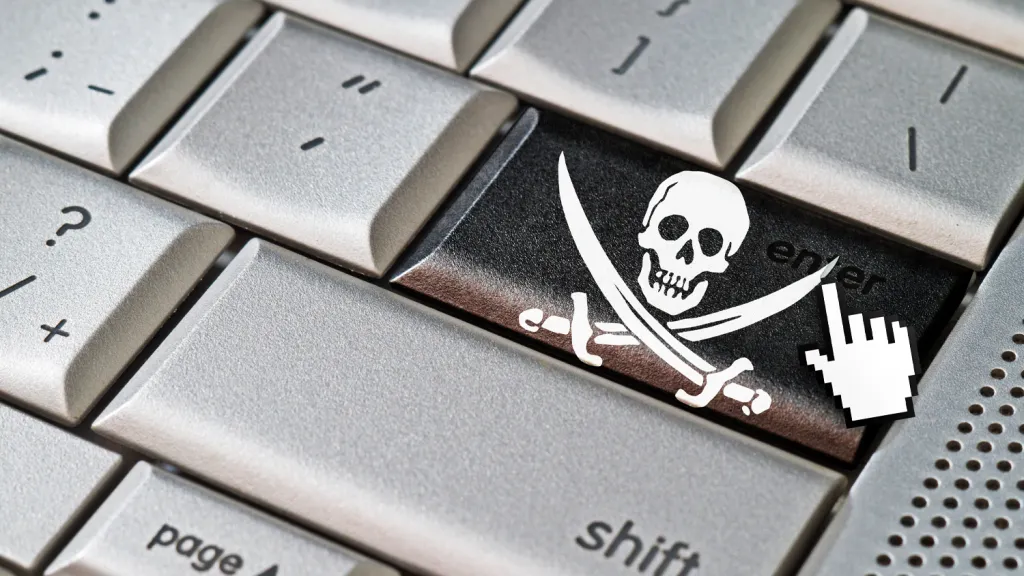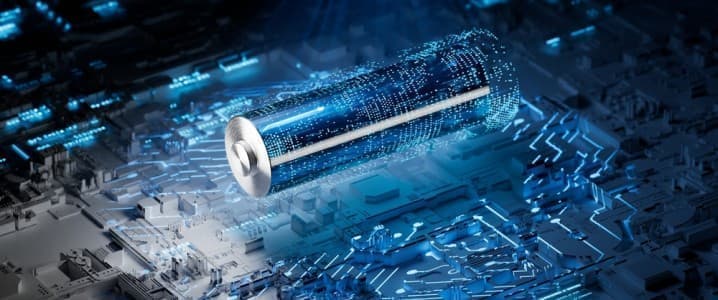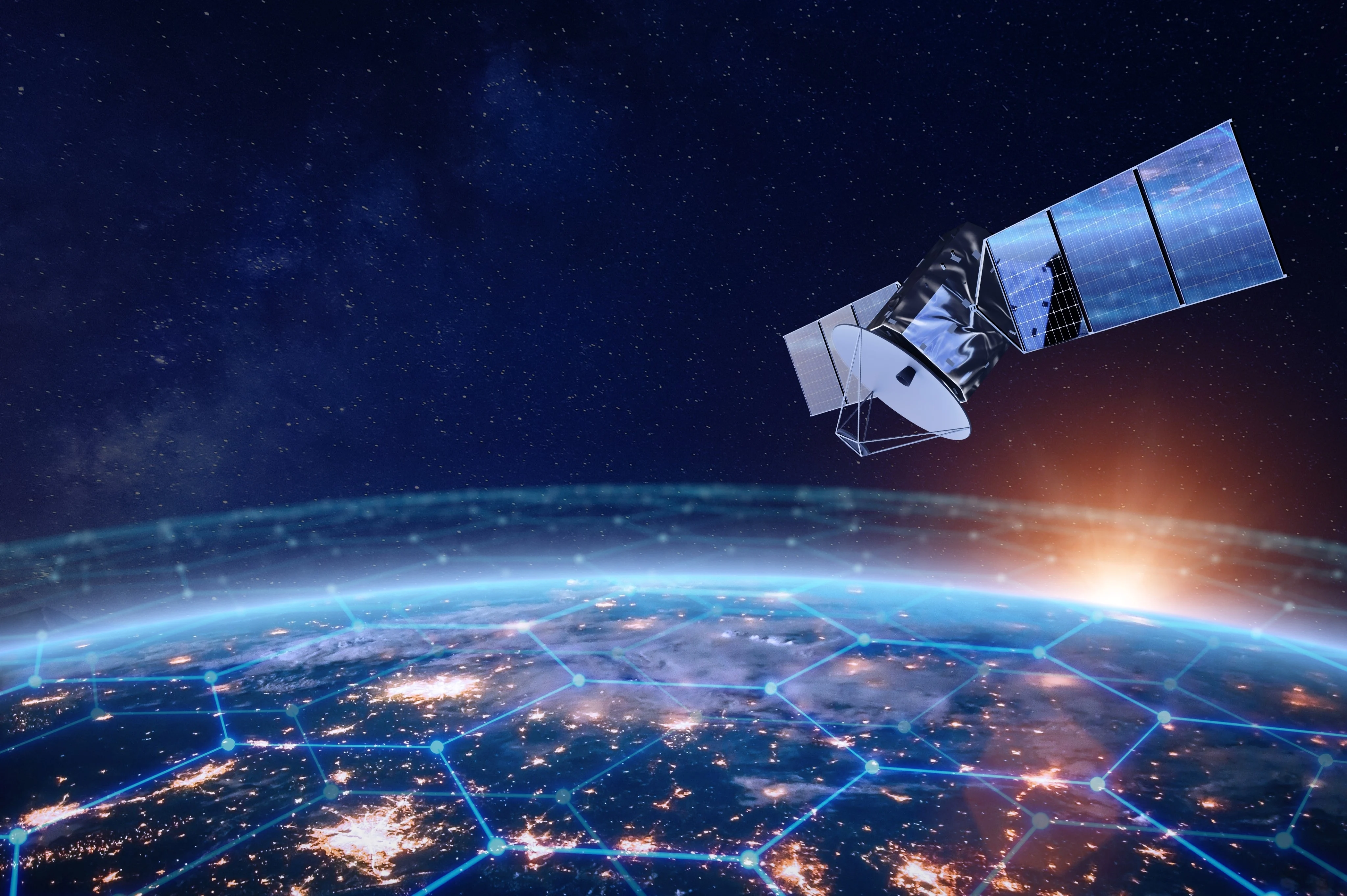Copyright scmp

US Secretary of Defence Pete Hegseth said on Tuesday that the United States will fully support Korea’s plan to develop nuclear-powered submarines, reaffirming US President Donald Trump’s prior approval of the initiative. “President Trump has approved this historic step, and I want to reaffirm that decision. As defence authorities, we will, of course, do our best to actively and fully support it,” Hegseth said during a joint press conference with South Korean Defence Minister Ahn Gyu-back after the 57th Security Consultative Meeting (SCM) in Seoul. He added, “There are other agencies involved, including the Department of State and the Department of Energy, and we will continue to coordinate closely with them. President Trump wants our allies to be strong, and the Republic of Korea is a model ally. Because of that, the president has been open to Korea acquiring greater and more advanced capabilities.” Trump announced the approval on social media last week, following a summit with President Lee Jae-myung. The submarines are slated to be built at Hanwha Philly Shipyard in the United States. Washington’s approval was critical, as the two nations’ nuclear energy agreement prohibits Seoul from reprocessing spent nuclear fuel for military purposes without US consent. Hegseth said he was convinced the nuclear submarine programme would strengthen both Korea’s national defence and the bilateral alliance. “South Korea has world-class shipbuilding capabilities, and the United States looks forward to expanding cooperation not only in submarines but also in surface warfare,” he said. The secretary’s pledge marks a decisive acceleration of a long-sought and politically sensitive military goal for Seoul – and a major shift in US policy towards nuclear naval technology transfer. For South Korea, the move could significantly strengthen its ability to deter North Korean aggression and counter Pyongyang’s submarine fleet. It may also stoke concern in Beijing and Moscow over a potential regional arms race. While refraining from detailing technical aspects, Hegseth noted that future discussions would continue “in good faith”. He said both governments share confidence that ongoing consultations will lead to positive outcomes. The secretary also cited progress in broadening the alliance’s defence-industrial cooperation. “For the first time in history, we agreed to demonstrate the ability to maintain and repair US warships here in Korea,” he said. “This step harnesses Korea’s world-class shipbuilding strength and ensures that our most lethal capabilities remain ready to respond to any crisis. We also plan to expand this cooperation to ground equipment maintenance.” During the press conference, Ahn dismissed speculation that Seoul may seek its own nuclear programme. “There will never be nuclear weapons development in South Korea,” he said. “South Korea is a member of the Nuclear Nonproliferation Treaty, which prohibits us from possessing nuclear arms. The denuclearisation of the Korean peninsula remains an unwavering commitment.” When asked if Seoul sought the redeployment of US tactical nuclear weapons to the peninsula, Ahn responded, “Since South Korea cannot possess nuclear weapons, the Combined Nuclear Integration system was established to integrate the US’ nuclear capabilities with South Korea’s conventional forces.” Ahn said the meeting reaffirmed “the solid military alliance and combined defence posture” between the two countries. “Based on mutual trust and cooperation, we discussed ways to respond to evolving security challenges and to establish future-oriented and mutually beneficial defence cooperation,” he told reporters. He added that the two sides agreed to enhance coordination in defence technology and research to ensure the most advanced readiness for both militaries. The joint statement of this year’s SCM has not yet been released, as it has to reflect a joint fact sheet about the two nations’ security and tariff issues, which is near completion. Once finalised, it is expected to outline follow-up measures for defence modernisation and expanded cooperation within the alliance. The SCM serves as the highest-level defence policy forum between Seoul and Washington. This year’s meeting came as the allies push to accelerate the transfer of wartime operational control from the US to Korea and expand joint deterrence amid regional security shifts.



